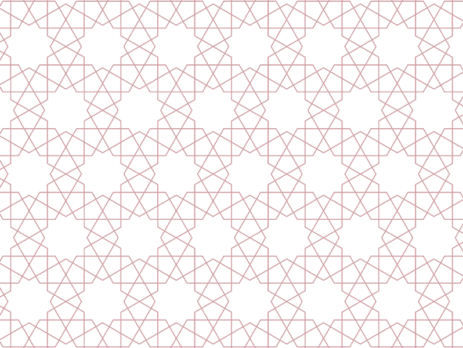North Africa Program, 2017-2018
November 2018
EXECUTIVE SUMMARY
From June 2017 to September 2018, the Cordoba Foundation of Geneva (CFG) carried out four mediation tracks addressing tensions between actors with different ideologies in the North Africa region, particularly in Morocco and Tunisia. The North Africa Program’s goal was to support possibilities for a broader, more inclusive representation of different constituencies in the public sphere, specifically for actors with different worldviews (like exclusive Secularists and Islamists), which contributed to the CFG’s vision of inclusive, participative and peaceful societies in the region.
These activities took part in the third phase of a process of conflict transformation initiated in 2011 and funded by the Swiss Federal Department of Foreign Affairs (FDFA). The first phase of the Program, North Africa and West Asia in Transformation (2011-2015), reinforced “locally owned” capacity and mechanisms to transform violent and potentially violent conflicts at the intersection of religion and politics in the wake of the so-called Arab Spring. The CFG’s approach to peacebuilding in this region differed from other activities because it focused on engaging the representatives of so-called “difficult actors” in the MENA region, like Salafis (Orthodox Muslim). This Program was motivated by the analysis that marginalised constituencies could resort to violence if they were not properly equipped with the knowledge and skills to proactively engage in the political transitions towards democratic states. The second phase of the Program, Secularity (2015-2017), built on the CFG’s experiences and networks to initiate a first ever mediation between religiously-inspired and secular political actors and opinionmakers. The aim of this process was to alleviate the apparent tensions between Islamists and Seculars in North Africa through open communication, thereby identifying and addressing the factors which lead to the exclusion of some groups from political processes and identifying practical ways to develop an inclusive approach to political participation in North Africa. This Program resulted in a set of recommendations for further mediation work in Morocco and Tunisia, which was put into practice in the third phase of the North Africa Program (2017-2018).
In Tunisia, our aim has been to achieve consensus on the “rules of the game” for a common civic space that includes actors who are frequently excluded from politics, with the aim of preventing recourse to political violence. The CFG facilitated a Track 1.5 and a Track 2 mediation, resulting in successful jointly-implemented initiatives to alleviate political exclusion of diverse actors including young people and representatives of Orthodox Muslim constituencies. One outcome was the joint development of initiatives to promote inclusive civic and political participation of Tunisian youth, across regional and political affiliations between July and September 2018. Another outcome was the production of a project proposal for a safe mediation space to facilitate dialogue on political inclusivity of all actors, which will specifically address government policies and their impact on the Salafi community.
In Morocco, we have carried out a Track 3 mediation process to alleviate ideologically-motivated violence between and among university students with Islamist, Secularist and identity-based references, which affects university campuses throughout the country. During this process, students from diverse ideological backgrounds developed trust in the “other”, leading to greater empathy for different viewpoints and more willingness to self-critique. Moreover, one participant undertook a mediation initiative between Amazigh, Sahrawi and Islamist students’ groups in Marrakesh, while another student leader publicly urged for the need to open a discussion between all student groups, irrespective of ideological affiliations. A second track in Morocco has provided support to the Committee of the Civil Space, which worked on women’s issues in the Secularity phase (2015-2017). Committee members worked together on different issues of common interest and for extending the benefit of their experience further within Moroccan society. Between June and September 2018, Committee members successfully organised a series of workshops for young Moroccans on subjects related to peaceful coexistence in the local context, delivered by experts with diverse ideological affiliations.





